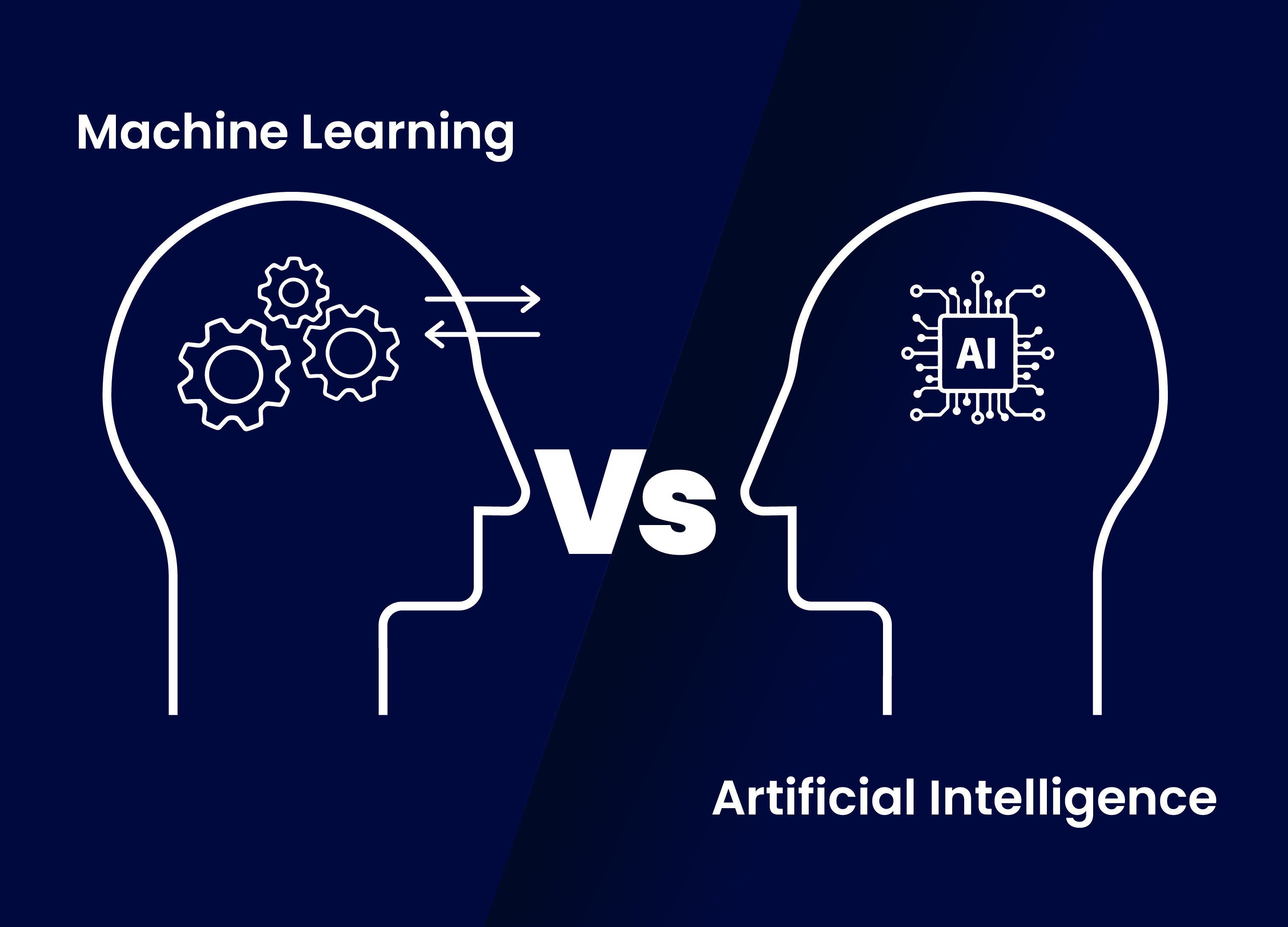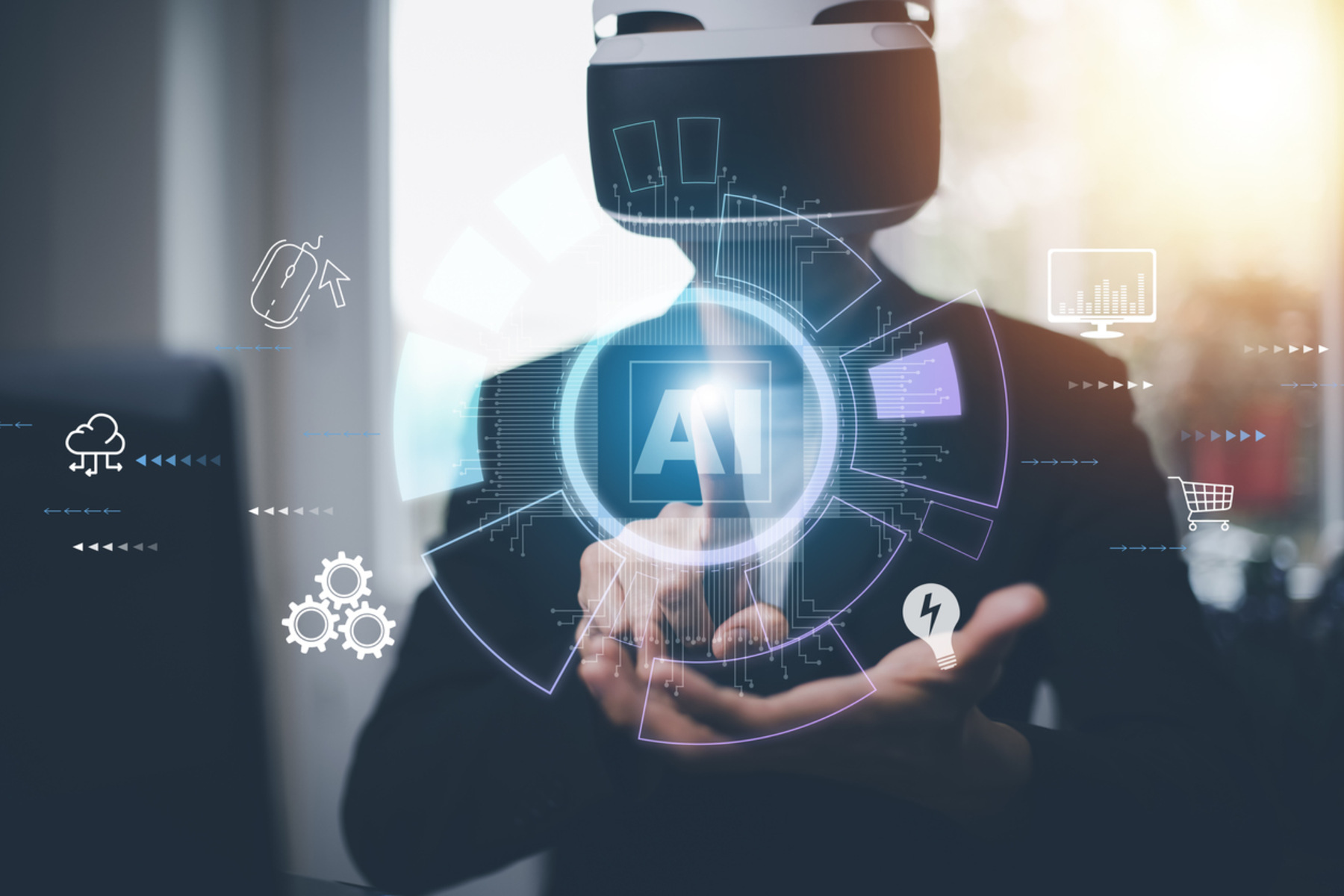What is artificial intelligence? This is a question that people have been asking for at least a century. With the rapid rate of technological advancements, we are hitting a boiling point. But you’ve probably recognized that the AI we already have looks nothing like the AI sci-fi authors always dreamed about. We are far from having robots that could pass as humans. What we have are algorithms that make complex calculations at a lightning-fast pace. Is this that much different from the slower algorithms that have been in use for decades?
The Philosophy of AI
The question of what constitutes AI is more philosophical than technological. This is because there has never been a true consensus on what constitutes human intelligence. Human intelligence can be reduced to computing, but even if it is, the items being computed go beyond binaries. Emotions play a significant part in human thinking and intelligence, and they are made up of a range of physical sensations that we can’t yet pin down.
Of course, the existence of consciousness makes human intelligence indefinable at present. We don’t fully understand consciousness and therefore cannot truly determine what part it plays in the formation of intelligent thought.
This difficulty in defining intelligence has a real impact on the world. Many young people have been overlooked by our education system because they do not score high on IQ tests. These same students may excel at several creative tasks that require intelligence that can’t be measured so simply.
As such, trying to decide what constitutes AI is incredibly difficult. Today, what we call AI is technically everywhere. It is used by companies like Spotify and Netflix to build playlists for us and recommend movies. Fintech companies like LendingClub use it to assess risk and provide credit analysis. Insurers like Lemonade use AI to provide instant renters insurance quotes. Companies in many industries use it for customer service in place of call centers.
But ultimately, all AI is programmable by humans and therefore our imagination is their only limit. Machine learning goes some way toward the evolution of true artificial intelligence, but that too is limited.
Let’s take a closer look at machine learning.
The Limits and Potential of Machine Learning
Machine learning allows computers to achieve a level of computing that goes far beyond what is possible for the human brain. Machine learning takes a huge number of factors into account and builds upon them, finding solutions to problems and then using those solutions to integrate more and more data.
It is the use of machine learning that, for many people, takes algorithms into the realm of AI. But just how far can machine learning go?
This is where the question of AI gets even more sticky. In theory, machine learning’s limitations are not bound by human imagination but by biological deficiencies. Machines will not suddenly start thinking like humans because they cannot feel emotions as we do. A machine can’t have butterflies in its stomach.
On the other hand, ML may be able to produce a type of intelligence that is impossible for humans to comprehend. This intelligence will be based not on biological factors or the limits of human thought, but the integration of data leading to natural evolution. It is not human intelligence, but that does not mean it cannot be considered artificial intelligence.
Considering that human intelligence came about in an unorganized way, with the unique capabilities humans have to integrate different kinds of sensory data, true AI should come about similarly. Instead of humans managing to emulate our thinking in a machine, a new form of intelligence emerges.
AI does not yet look like the fantasies of yesteryear and maybe it never will. But that doesn’t mean we won’t see a new type of artificial intelligence emerge soon. For now, AI is at least making our lives somewhat easier and bringing technology forward.

























